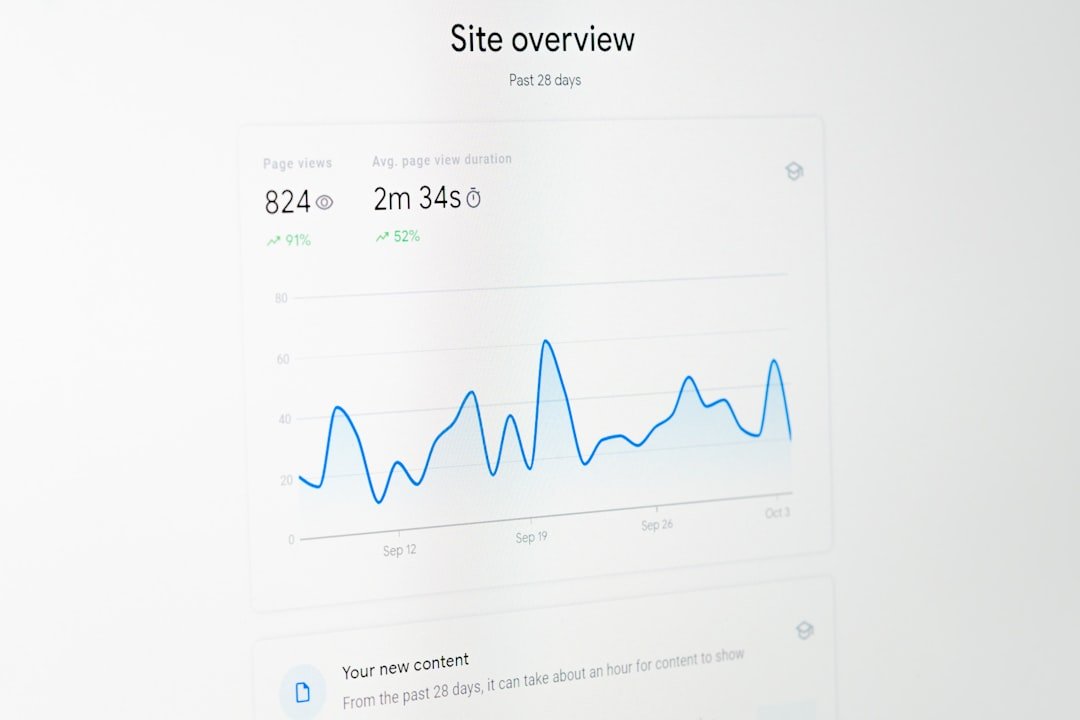
Does your stomach drop when someone says, “Can I give you some feedback?”
If it does, you’re not alone. For most of us, those words feel like a warning signal. We brace for impact, ready to hear what we did wrong. But feedback doesn’t have to be a source of anxiety. What if we saw it as a gift? A tool for connection and growth, not just criticism.
I used to be terrible at both giving and receiving feedback. I was stuck in a cycle of bad habits—binge eating, gaming for hours, and avoiding any real responsibility. I didn't want to hear the truth because the truth hurt. But ignoring it hurt more. It was only when I learned to accept honest feedback, first from others and then from myself, that I started to change. I finally saw my reality clearly and began the journey that led me to lose over 110 pounds and build a life with purpose.
Feedback is a skill. And like any skill, you can get better at it. Here are 12 ways to improve how you give and receive it.
How to Give Better Feedback
Giving feedback well is an act of kindness. It’s about helping someone else grow, not about making yourself feel superior.
-
Ask for Permission First. Never ambush someone. A simple, "Is now a good time to chat about the project?" or "Are you open to some thoughts on your presentation?" shows respect. It gives the other person a moment to prepare mentally and makes them much more receptive.
-
Be Specific. Really Specific. Vague feedback is useless. “Good job” is nice but unhelpful. “You’re not pulling your weight” is hurtful and unclear. Instead, try something concrete. "The way you organized that report with clear headings made it super easy to follow." Or, "I noticed you were quiet in the last two team meetings. Is everything okay?" Specifics give people a clear path to either continue a good behavior or address a problem.
-
Focus on the Action, Not the Person. This is huge. Don’t attack someone’s character. Instead of saying, “You’re so disorganized,” talk about the behavior. “When the files aren’t labeled correctly, it’s hard for the team to find what they need.” This separates the person from the problem and makes it feel like a shared challenge to solve, not a personal attack.
-
Give It in Private. Praise in public, correct in private. Public criticism is humiliating. It shuts people down and breaks trust. Always find a quiet, one-on-one setting to discuss challenges. This protects the person’s dignity and makes a real conversation possible.
-
Don’t Wait Forever. Feedback is most effective when it’s timely. Don’t save up a long list of grievances for a yearly review. Address things as they happen, when the details are still fresh in everyone’s mind. A quick, kind course correction now is better than a major overhaul later.
-
Know Your Motive. Before you speak, ask yourself: Why am I saying this? Is it to truly help this person, or is it to vent my own frustration? Feedback should always come from a place of genuine care and a desire to see someone succeed. If your heart isn’t in the right place, it’s better to wait.
How to Get Better at Receiving It
This is arguably the harder part. It requires humility and a strong sense of self-worth. But it’s where the real growth happens.
-
Just Listen. Don’t Defend. Your first instinct will be to explain, justify, or argue. Resist it. Take a deep breath and just listen. Let the person finish their thought completely. You’ll have time to process and respond later, but the first step is to simply hear them out.
-
Assume Good Intent. Most people aren’t out to get you. They’re often just as nervous giving feedback as you are receiving it. Assume they are trying to help, even if their delivery is clumsy. This single mindset shift can change everything. It turns criticism into a learning opportunity.
-
Ask Clarifying Questions. Once they’ve finished, it’s your turn to understand. Instead of arguing, ask questions. "Can you give me an example of what you mean?" or "What would you like to see me do differently next time?" This shows you’re engaged, and it helps you get the specific details you need to improve.
-
Say Thank You. This can be the hardest part, especially if the feedback stings. But saying "Thank you for telling me that" honors their courage. It shows you value their perspective and keeps the door open for future honesty. You don’t have to agree with everything, but you can always be grateful for the input.
-
Take Time to Process. You don't need to have a solution right away. It's okay to say, "Thanks, I need some time to think about that." Step away and reflect on what was said. Is there truth in it? How does it align with your own goals and values? Pray about it. Ask God for wisdom and clarity.
-
You Decide What to Do. Ultimately, you are in control. Not all feedback is created equal. Some of it will be gold, and some of it will be off the mark. Your job is to humbly consider it all, discard what isn’t true or helpful, and take action on what is. The power to change is in your hands.
I remember when a close family member finally sat me down. They told me, with love in their eyes, that they were worried about me. They saw the late-night gaming, the unhealthy eating, and the life I was wasting. It felt like a punch to the gut. My first instinct was to get angry and defensive. But because I knew they loved me, I forced myself to listen.
That painful conversation was a gift. It was the dose of reality I needed to finally look in the mirror. It was the start of everything.
Feedback, when given and received with love, is one of the most powerful tools we have for becoming better people. It helps us see our blind spots and connects us more deeply to those who care about us.
So, here’s a small step you can take today: Who is one person in your life you trust? Ask them for one piece of honest feedback this week. It might feel scary, but it could be the start of something amazing.





